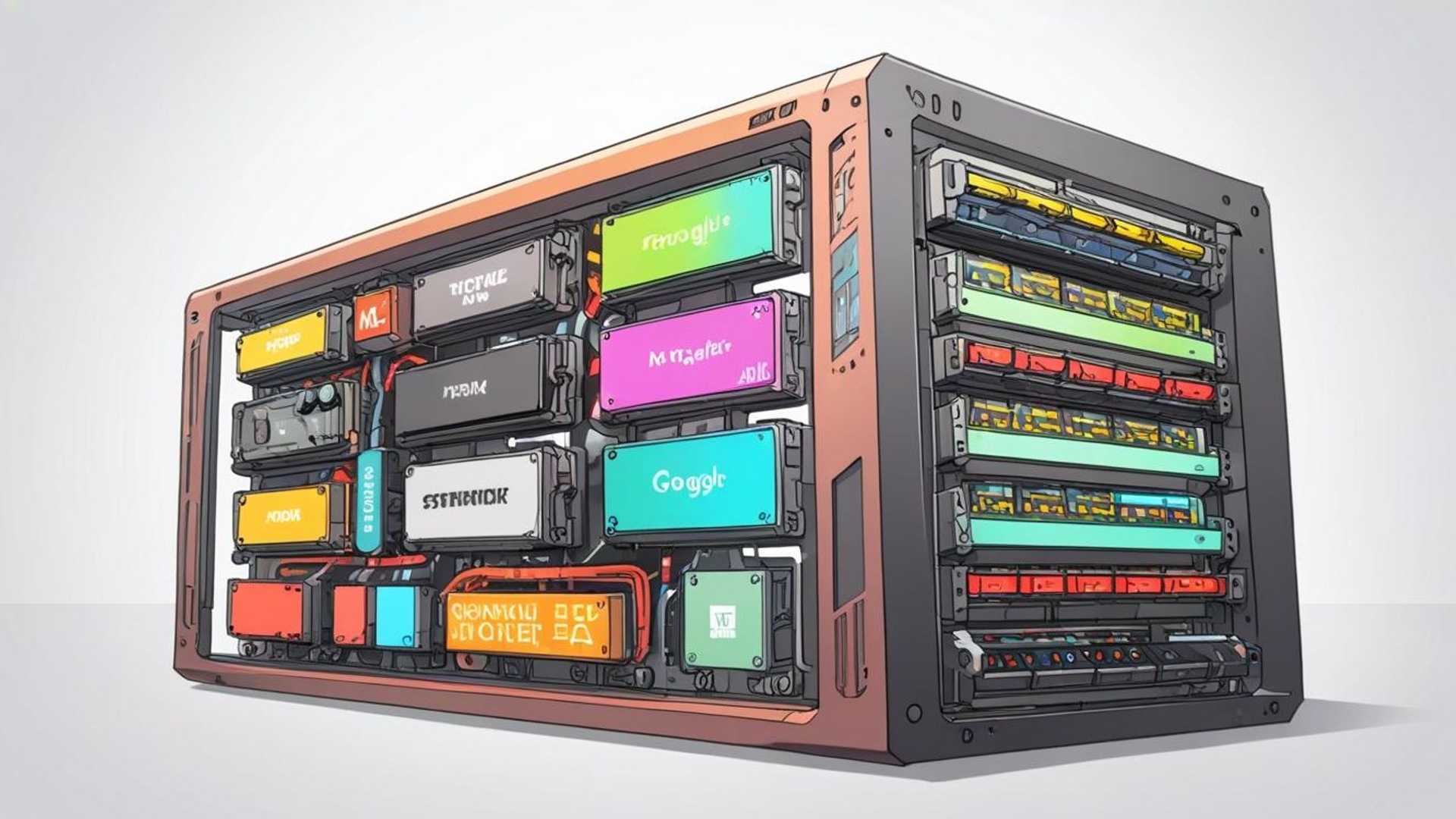Google unveils advancements in AI with Ironwood TPU and Gemini ...
At the recent Cloud Next event held in Las Vegas, Google unveiled a series of significant advancements in its artificial intelligence (AI) strategy, positioning its platform among the most comprehensive available in the market.
Ironwood TPU: Advancements in Inference Tasks
A key highlight of Google's presentation was the introduction of Ironwood, the seventh generation of Google’s specialised Tensor Processing Unit (TPU). This TPU is specifically designed for inference tasks, showcasing a remarkable leap forward in both performance and energy efficiency. Google boasts that a single Ironwood rack can deliver 42.5 exaFLOPS (floating-point operations per second), making it 24 times more powerful than the world’s most potent supercomputer. Furthermore, it is up to 30 times more energy-efficient than the first generation of TPUs. Despite still offering NVIDIA GPUs to its cloud customers, Google emphasizes that its TPUs serve as a competitive alternative at the hardware level.
Gemini AI Models: Enhanced Functionality
Google also provided further insights into Gemini 2.5 Pro, its flagship AI model, and introduced Gemini 2.5 Flash, a more affordable and faster variant geared towards everyday tasks such as customer service and meeting summary generation. These AI models possess the capability to not only provide accurate responses but also display structured reasoning and multi-epoch thinking—described by Google as "the AI you think before answering."

Incorporating creative AI models into Vertex AI, Google introduced Imagine for image generation, Chirp for audio, I See for video, and Lyria for music. During the demonstration, a video generated from a basic image of Las Vegas was showcased, enhanced by AI-generated music and the removal of unwanted elements from the footage—a process likened to using Photoshop for video.
Intelligent AI Agents and Development
Google emphasized the importance of intelligent AI agents that can reason, collaborate with agents from other companies, and perform complex tasks. These agents are supported by a new Agent Development Kit (ADK) that enables developers to create and deploy AI agents with minimal code. Additionally, Agent Space was introduced as a platform that allows employees to create custom AI agents through conversation, simplifying the process similar to configuring routines in voice assistants.
Interoperability and New Protocols
To support the interoperability of AI agents and real-time data access, Google introduced two new protocols: the Model Context Protocol (MCP), enabling AI models to access real-time data, and the Agent-to-Agent (A2A) protocol, facilitating communication among agents across various platforms. This interoperability ensures seamless communication between different AI systems regardless of their origin or storage location.

Google Workspace Integration and Cybersecurity
Google announced that Gemini integration is now available to all business users of Google Workspace at no extra cost. This update brings new functionalities such as automatic meeting summaries, audio generation from text, and natural language data analysis within Google Sheets.
On the cybersecurity front, Google introduced specialized AI agents to monitor malware and security alerts in real-time, even in on-premises environments through Google Distributed Cloud, irrespective of network connectivity.
In conclusion, these announcements underscore Google’s holistic approach to advancing AI technology across hardware, software, and developer tools, integrating AI more deeply into business workflows and security operations.
Source: Noah Wire Services




















